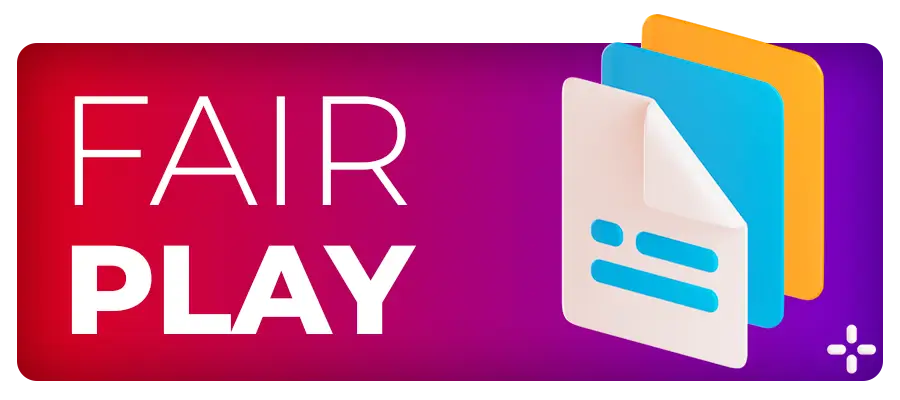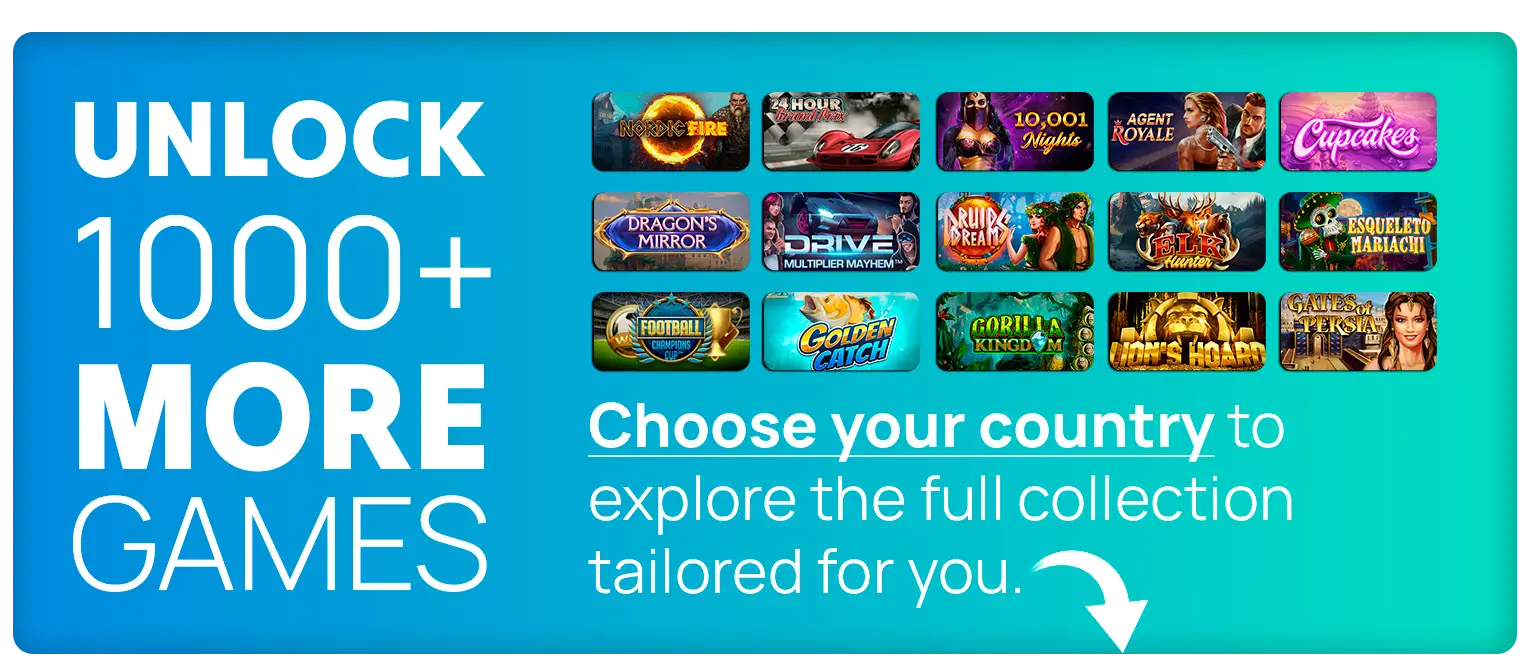
KYC And AML Standards In Online Casino Operations
KYC and AML are two foundational compliance measures in the online gambling industry, shaping how platforms operate and how players interact with them. For an aggregator platform, explaining these standards in clear and practical terms is essential for building trust with users who may be unfamiliar with regulatory requirements. KYC, or Know Your Customer, focuses on verifying the identity of players to ensure that they are who they claim to be, while AML, or Anti-Money Laundering, encompasses policies and procedures designed to prevent the use of gambling platforms for illicit financial activities. Together, KYC and AML form the backbone of responsible, legal, and secure online gambling operations.
The KYC process in online casinos typically begins at account registration or during the first withdrawal request. Players may be required to provide proof of identity, proof of address, and, in some cases, proof of payment method. This information is used to confirm the player’s age, residency, and ownership of funds. Aggregator sites play a vital role in highlighting which casinos have efficient and user-friendly KYC procedures, as these can significantly affect the onboarding experience. A smooth verification process builds confidence, while delays or excessive demands may frustrate users and lead them to explore alternative platforms.
AML measures, while often less visible to players, are equally important. Online casinos are obligated to monitor transactions for unusual patterns that could indicate money laundering or other criminal activity. This includes flagging large deposits followed by minimal gameplay, frequent changes in payment methods, or unusual withdrawal patterns. When properly implemented, AML protocols protect both the casino and its players from being unwittingly involved in illegal activity. For an aggregator, explaining these requirements helps users understand why certain verification steps may seem strict — they are in place to maintain the integrity of the platform.
KYC and AML are not static procedures; they evolve in response to new regulations, emerging technologies, and changes in criminal tactics. For example, as cryptocurrencies become more common in online gambling, casinos must adapt their verification processes to address the anonymity and cross-border nature of digital assets. Aggregators that keep players informed about these changes provide an ongoing service that extends beyond simple reviews, offering real-time updates on compliance trends.
One common misconception among players is that KYC and AML are only about meeting legal obligations. In reality, they also contribute to a safer and more responsible gaming environment. By verifying identities, casinos can prevent underage gambling, identify self-excluded players, and enforce responsible gaming measures. Similarly, AML systems help ensure that the funds circulating within the platform are legitimate, protecting the reputation of the gambling ecosystem as a whole.
Privacy concerns are often raised in discussions about KYC and AML. Players may be reluctant to share personal documents with online platforms, especially if they are unsure how the data will be stored and used. Aggregators can address these concerns by highlighting casinos that implement strong data protection measures, including encryption, secure storage, and strict access controls. This transparency reassures players that their information is handled with care.
Ultimately, KYC and AML compliance is not just a legal necessity but a cornerstone of sustainable online gambling operations. For an aggregator, presenting clear, detailed, and unbiased information about how different platforms handle these processes enables players to choose casinos that balance compliance with convenience, ensuring a secure and enjoyable gaming experience.
KYC And AML Process For Online Gambling Platforms
The KYC and AML process within online gambling platforms is designed to balance regulatory compliance with user accessibility. It begins with establishing a verification framework that satisfies licensing authorities while minimizing unnecessary friction for players. For an aggregator, outlining this process helps users know what to expect when joining a new casino and prevents surprises that could affect their satisfaction with the platform.
KYC starts with collecting key personal information, such as full name, date of birth, residential address, and proof of identity. Commonly accepted documents include passports, national ID cards, or driver’s licenses. Proof of address can be confirmed with utility bills, bank statements, or government correspondence. Some platforms may also require a selfie or video verification to ensure that the document belongs to the person submitting it. Aggregators can differentiate casinos by the efficiency of this step, noting which operators offer automated verification systems that reduce wait times.
AML procedures, while often running in the background, require ongoing monitoring of player activity. Casinos must track deposits, withdrawals, and betting patterns to detect signs of money laundering. This might involve setting thresholds for large transactions, conducting enhanced due diligence for high-risk customers, and reporting suspicious activity to relevant authorities. An aggregator can help players understand that these measures are standard practice in reputable casinos, not targeted scrutiny of individual users.
The integration of technology into KYC and AML processes has significantly improved efficiency and accuracy. Many casinos now use AI-driven systems to verify documents, detect forged IDs, and monitor transaction patterns in real time. For players, this means faster approvals and reduced manual intervention. Aggregators that highlight casinos leveraging advanced compliance technologies can guide users toward platforms that combine security with convenience.
Global compliance standards influence how KYC and AML are applied. Players from different jurisdictions may face varying verification requirements based on local regulations, licensing bodies, and financial crime risks. For example, EU-regulated casinos follow strict AML directives that may differ from those in offshore jurisdictions. By providing region-specific information, aggregators enhance the relevance and value of their content for diverse audiences.
Customer communication is a critical but often overlooked part of KYC and AML. Casinos that clearly explain why documents are required and how they will be used tend to experience fewer disputes and greater player cooperation. Aggregators can assess and compare the transparency of these communications, giving users insight into which platforms respect their time and privacy.
In conclusion, the KYC and AML process is more than a set of regulatory checkboxes; it is an integrated system that protects the integrity of online gambling. Aggregators that present this process in detail equip players with the knowledge to choose casinos that are not only compliant but also considerate of the player experience, creating a safer and more trustworthy gambling environment.
KYC And AML Requirements For Secure Casino Play
KYC and AML requirements form the legal and operational backbone of secure casino play. These requirements are designed to protect players, the casino, and the wider financial ecosystem from risks such as fraud, underage gambling, and money laundering. For an aggregator, explaining these requirements in plain language helps demystify the process and allows users to appreciate the role compliance plays in safe online gaming.
KYC requirements begin with identity verification. Casinos must confirm that each player is of legal age and that the account belongs to a real, identifiable person. This verification step also ensures that players are not on self-exclusion lists or subject to gambling restrictions in their jurisdiction. Aggregators can guide players by indicating which platforms complete this process quickly and which may require additional steps.
AML requirements focus on monitoring financial transactions for suspicious activity. Casinos are obligated to identify and report transactions that could indicate criminal activity, such as unusually large deposits or frequent withdrawals with minimal gameplay. These checks are not intended to disrupt regular play but to protect the integrity of the platform. An aggregator that explains this context can help players understand that compliance safeguards benefit everyone on the platform.
Enhanced due diligence may be required for high-value or high-risk players. This involves collecting additional information about the source of funds and the nature of the player’s activities. While this step can be more invasive, it is an important safeguard against financial crime. Aggregators can highlight which casinos handle enhanced checks respectfully and efficiently.
The storage and handling of personal data is a key concern in meeting KYC and AML requirements. Players should be assured that their information is protected through encryption, secure servers, and limited access protocols. Casinos that adhere to recognized data protection standards, such as GDPR, can offer greater peace of mind. By promoting these operators, aggregators align player security with platform trustworthiness.
Education is an underrated aspect of KYC and AML compliance. Players who understand why these measures exist are more likely to cooperate and provide the necessary documents promptly. Aggregators that include educational content alongside casino reviews can build a more informed audience, strengthening their position as trusted industry guides.
Ultimately, KYC and AML requirements are about ensuring a safe, fair, and transparent gambling environment. For players, this means protection from fraudulent operators and assurance that their funds and data are secure. For aggregators, presenting these requirements clearly and objectively is an opportunity to add real value, helping users navigate the compliance landscape with confidence and ease.
















